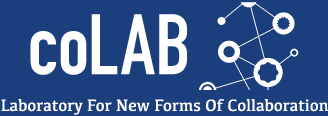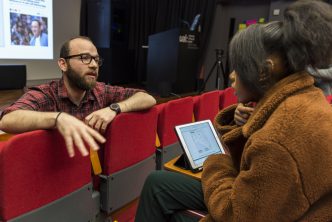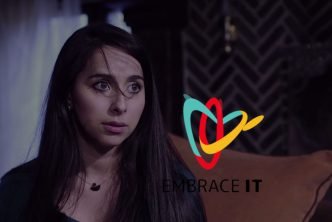Throughout Europe, the migrant crisis is having an impact on the ways in which we live and think about society. The inclusion of refugees has become a priority that needs to be addressed.
The coLAB project aims to enshrine this principle of inclusion in the practices of four European higher education institutions and universities. The initiative seeks to break down some of the integration barriers encountered by refugees in local communities. Working in paid roles as tutors or teachers in Higher Education Institutions, those who have faced displacement will be invited to share their expertise with students by delivering workshops and lectures in a range of subject areas.
This two-way project brings on one side opportunities for refugees to share their knowledge and ideas and on the other side new ways of thinking and different vision of the world for students.
At the end of 2019, the project will deliver a canvas of good practices about integration, recognition and work opportunities that could be replicated in other Higher Education Institutions in Europe.
coLAB is a project funded by the European Union/Council of Europe Joint Programme Democratic and Inclusive School Culture in Operation (DISCO). Launched in May 2013, the programme provides financial support for projects within the field of education for democratic citizenship and human rights education.
All the partners participating to this project:
Partners :
London, UK : London College of Communication (one of the colleague of the University of the Arts London UAL)
Contact : Vivienne Francis (v.francis@lcc.arts.ac.uk)
Clermont-Ferrand, France : Université Clermont Auvergne
Contact : Cécilia Brassier-Rodrigues (cecilia.brassier@uca.fr)
Rome, Italy : LUMSA
Contact : Paula Benevene (benevene@lumsa.it)
Brussels, Belgium : Haute Ecole Galilée – IHECS
Contact : Hélène Pochet (helene.pochet@galilee.be)
Brussels, Belgium : IHECS Academy
Contact : Laure Englebert (laure.englebert@galilee.be)





